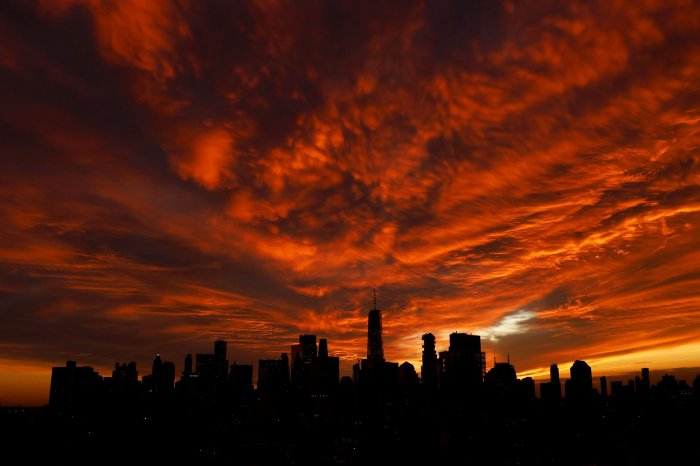Greenland PM to Trump: ‘Enough’ of ‘fantasies of annexation’
Greenland Prime Minister Jens-Frederik Nielsen speaks at the European Parliament in Strasbourg, France, in October. On Sunday, he told President Donald Trump to stop talking about annexing Greenland. File Photo by Christophe Petit Tesson/EPA
Jan. 5 (UPI) — Greenland Prime Minister Jens-Frederik Nielsen has said “enough” on Monday to President Donald Trump‘s threats to take the country and urged him to let go of his “fantasies of annexation.”
Nielsen posted on Facebook that Trump should stop his claims that the United States will annex his country, which is a territory of Denmark, a member of NATO and the European Union.
“Alliances are built on trust. And trust requires respect,” Nielsen said in his post. “Threats, pressure and talk of annexation do not belong anywhere between friends. That’s not how you talk to a people who have repeatedly shown responsibility, stability and loyalty.”
“This is enough.”
After the invasion of Venezuela on Saturday, Trump told The Atlantic on Sunday that the United States needs Greenland for national security. The operation in Venezuela also renewed fears that Trump may actually move to take Greenland.
“They are going to have to view it themselves. I really don’t know … But we do need Greenland, absolutely. We need it for defense,” Trump said when asked if the action in Venezuela should be interpreted by other nations as a signal that his administration might use military action to pursue more goals.
Nielsen’s post told Trump to let it go.
“No more pressure. No more hints. No more fantasies about annexation,” he said.
“We are open for dialogue. We are open to conversations. But it has to be through the right channels and with respect to international law. And the right channels are not random and disrespectful posts on social media. Greenland is our home and our territory. And that’s how it continues to be.”
The EU backs Nielsen and Denmark on the matter.
“The EU will continue to uphold the principles of national sovereignty, territorial integrity and the inviolability of borders,” EU foreign policy spokesperson Anitta Hipper told reporters. “These are universal principles, and we will not stop defending them, all the more so if the territorial integrity of a member state of the European Union is questioned.”
Denmark Prime Minister Mette Frederiksen said it made “absolutely no sense to talk about the U.S. needing to take over Greenland.” She said the United States has “no right to annex any of the three countries in the Danish kingdom.”
The Danish Kingdom also includes the Faroe Islands.
“The principle of the inviolability of borders is enshrined in international law and is not up for negotiation,” German Chancellor Friedrich Merz said in Berlin after a meeting with Frederiksen in June. “We stand firmly alongside our Danish friends on these issues and that will remain the case.”
On Air Force One, Trump told reporters he didn’t want to discuss Greenland saying he would talk about it “in 20 days.” He then mocked Greenland and Denmark.
“You know what Denmark did recently to boost security in Greenland? They added one more dog sled. It’s true. They thought that was a great move,” Trump said.
“Right now, Greenland is full of Chinese and Russian ships everywhere. We need Greenland for national security reasons. Denmark will not be able to handle the task.”
Sweden, Norway and Finland have all said they support Denmark.
“Only Denmark and Greenland have the right to decide on issues concerning Denmark and Greenland,” said Swedish Prime Minister Ulf Kristersson. “Sweden fully supports our neighboring country.”

